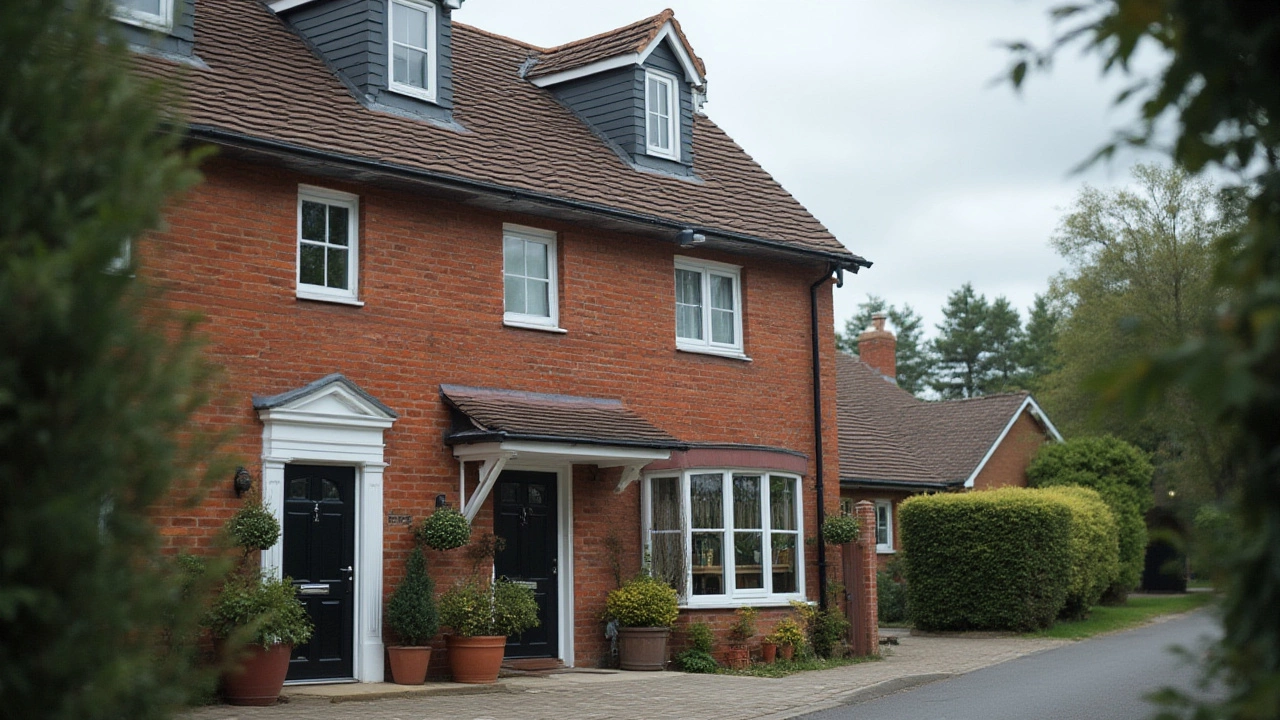When you install a security camera, you’re not just protecting your property—you’re also handling personal data. That means you have to follow privacy rules that keep neighbours, visitors, and even your own family safe from unwanted surveillance.
Most UK privacy laws stem from the GDPR and the Data Protection Act. In plain English, these laws say you must only collect video footage that’s necessary, store it securely, and delete it when you no longer need it. Ignoring these rules can lead to complaints, fines, or even legal action.
First, decide where the camera will point. Aim it at your driveway, front door, or backyard—not directly at a neighbour’s windows or a public footpath. If a camera can capture private spaces that aren’t yours, you’re at risk of breaking privacy rules.
Second, put up a clear sign that says you have CCTV. A simple notice tells people they’re being recorded and meets the transparency requirement of the law. The sign should be readable from a reasonable distance and mention who owns the footage.
Once you’ve recorded video, you need to keep it safe. Use strong passwords for any cloud service, enable two‑factor authentication, and make sure the storage provider is GDPR‑compliant. If you store footage locally, lock the hard drive in a secure place and limit access to trusted persons only.
Don’t keep recordings forever. The law expects you to delete footage that’s no longer needed for security purposes—usually within 30 days unless it’s evidence of a crime. Set up automatic deletion if your system allows it; it saves you trouble later.
Whenever you share video with police or insurance, make sure you have a written record of what you gave and why. That way you can prove you acted responsibly if anyone questions the sharing.
Finally, if you’re renting or living in a shared building, check the lease or management rules. Some landlords require specific consent before you mount cameras, and failing to get it can breach both privacy law and your tenancy agreement.
By following these basics—proper placement, clear signage, secure storage, limited retention, and respecting neighbours—you’ll stay on the right side of privacy laws while keeping your home safe. If you’re unsure about any step, a quick chat with a data protection expert can save you headaches down the line.

Curious about the right—and wrong—places for security cameras at home? This deep dive covers privacy risks, legal mistakes, and smarter locations to avoid trouble.